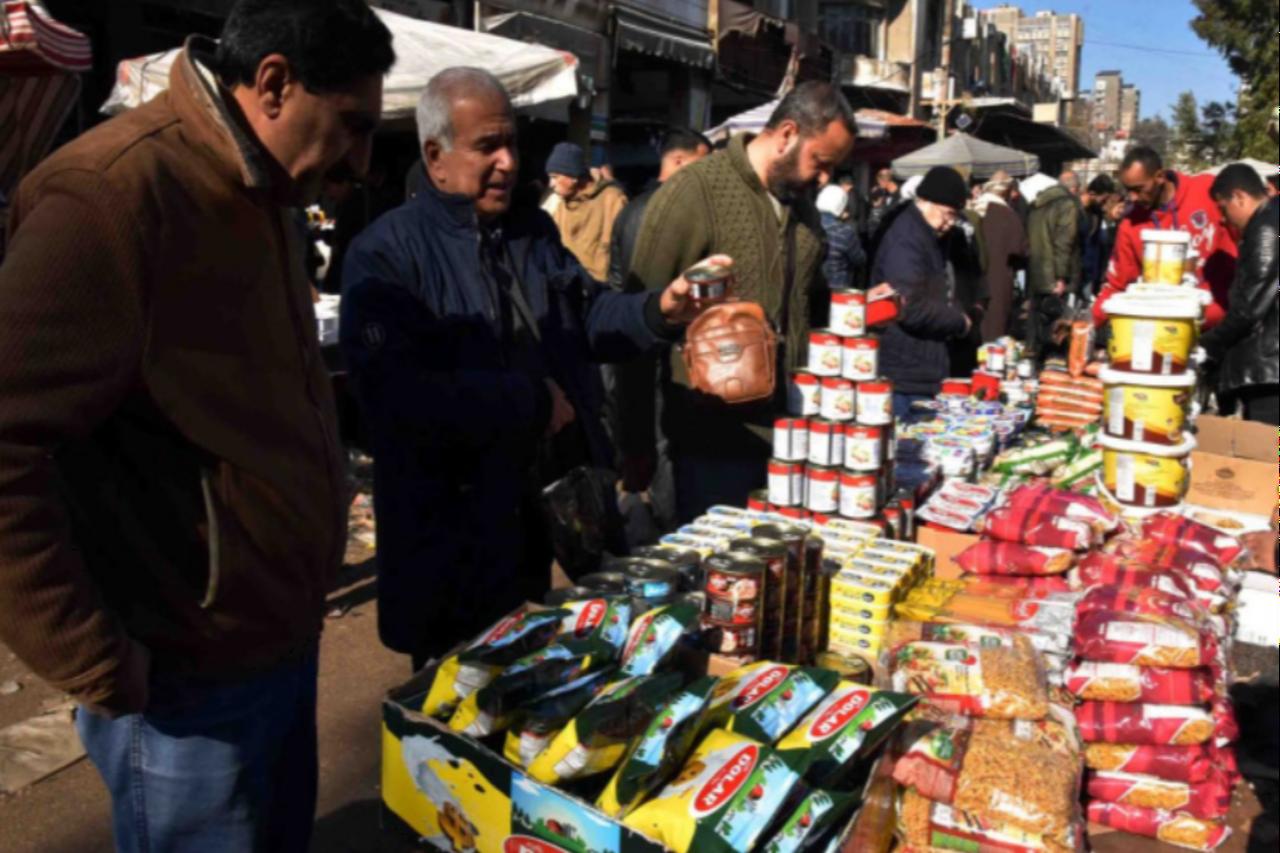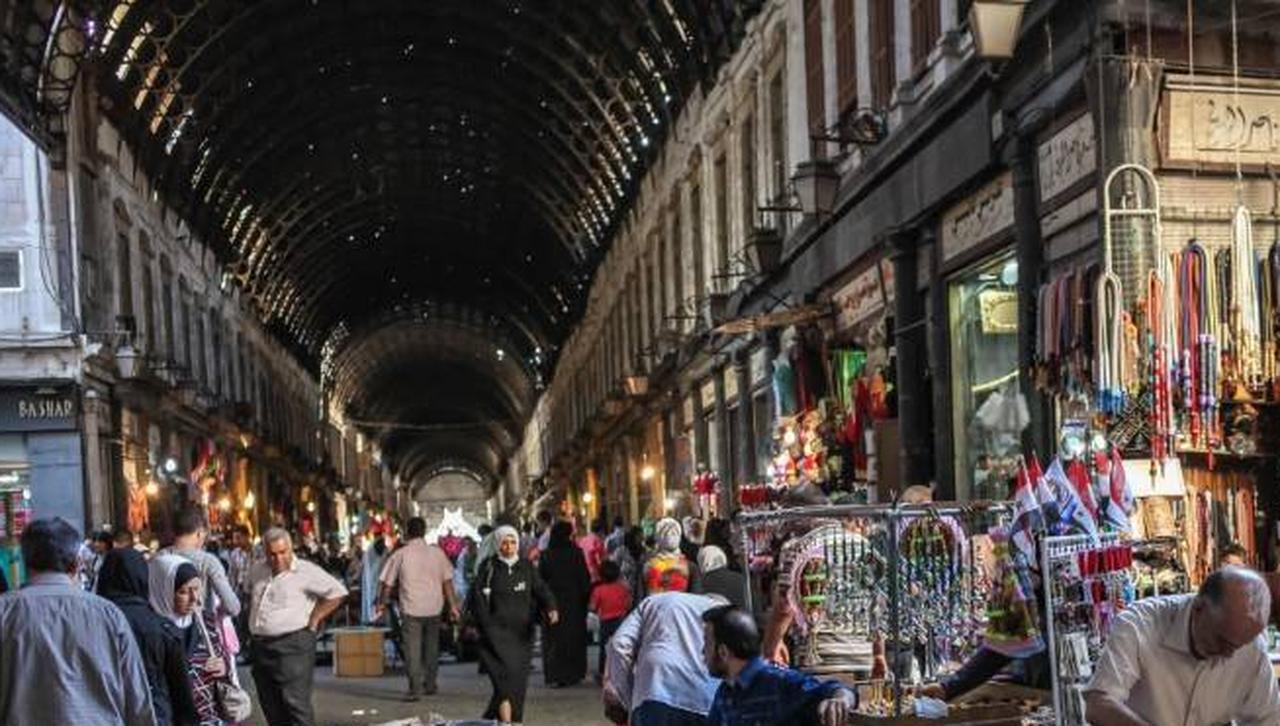
Since the fall of the Assad regime and the new government’s shift to a free-market economy, Syrian markets have seen a rising influx of Turkish products, raising concerns among local businesses and traders.
Turkish goods in Syrian markets are priced 30%–40% lower than local products, making them the top choice for many consumers, according to Syrian reports.
From industrial equipment to essential agricultural and health supplies, Turkish goods are increasingly dominating shelves, posing challenges for local producers.
According to the Turkish Exporters Assembly, trade between Türkiye and Syria is on track to exceed $3 billion in the near future.
Mustafa Gultepe, head of the assembly, highlighted the growing demand, while Jalal Kadooglu, head of its Syria Committee, confirmed that Turkish exports to Syria rose by 49.3% in the first seven months of 2025, surpassing $1.2 billion.
Gultepe, in a recent statement to Anadolu Agency, projected that exports could exceed $2 billion by the end of the year.
The surge in Turkish exports covers a wide range of sectors. Industrial goods, such as machinery, spare parts, construction materials, cement, glass, ceramics, metals, and electrical appliances, are key components not produced in sufficient quantity or quality in Syria.
Agricultural and health inputs, including fertilizers, machinery, and medical supplies, are also part of the trade, ensuring critical food and health security.
In mid-January, Ibrahim Fuat Ozcorekci, head of the Turkish-Syrian Business Council under the Turkish Foreign Economic Relations Board, stated that efforts are underway to increase trade between Türkiye and Syria to $10 billion in the short to medium term.
Ozcorekci said earlier this year that Türkiye aims to raise trade to $10 billion in the medium term.
Meanwhile, the influx of Turkish products—from food items such as meat, canned goods, and basic supplies to industrial items like clothing, glassware, and machinery—has prompted some experts to describe the situation as a market “invasion.”

Many traders and economists welcomed Turkish goods for boosting the local market, but growing demand is now fueling fears of crippling Syria’s own industry.
Experts warn Syrian industries could struggle to survive amid this wave of Turkish trade.
Economist and banking expert Ibrahim Qushji said Turkish imports are crucial for Syria, supplying industrial equipment, construction materials, and agricultural and medical inputs not produced locally.
Meanwhile, he warned that without stronger Syrian exports, the trade gap will continue to widen. The deficit has already surpassed 17 trillion Syrian pounds ($1.56 billion), draining reserves and increasing dependence on remittances and foreign aid.
He suggests that, if coordinated within a productive partnership, these imports could help revive Syrian industries and boost the quality of local products.
In Daraa, economics professor Majdi al-Jamous told Arabic media that Türkiye’s tariff hike undercuts local goods. While the move may boost trade, Syrian products remain unable to compete, raising concerns that Turkish goods could overwhelm local markets.
He emphasized that Syria’s Ministry of Economy and Foreign Trade should intervene by imposing tariffs on imports to protect domestic production, predicting that several industries—including food, detergents, and biscuits—could soon collapse.
Experts are urging protection of local production through tariffs on imports and policies that foster an investment-friendly environment with infrastructure support and financial incentives.
They also criticized monetary and banking policies that restrict access to raw materials, stressing the need to compensate local producers for heavy losses and stabilize the exchange rate before confronting the flood of foreign goods.